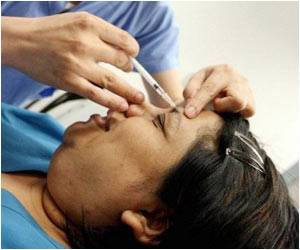
‘The search for genes associated with human longevity has been ongoing for a long time but those genes turned out to be much more difficult to discover than genes for diseases. ’
Tweet it Now
“We observed . . . the more long-lived relatives you have, the lower your hazard of dying at any point in life,” said van den Berg, lead author. “For example, someone whose parents are both ‘top survivors’ has a 31 percent lower hazard of dying than someone of the same age without such parents. “Moreover, that person’s hazard of dying is reduced, even if the parents themselves did not live to be extremely old but, aunts and uncles were among the top survivors,” van den Berg said. “In long-lived families, parents can therefore pass on longevity genes to their children, even if external factors prohibited them from reaching the top survivors.”
Different populations but the same pattern
The researchers identified similar results in Utah and Zeeland, despite the very different environmental circumstances. In Zeeland, people stayed in the same place for a long time, while in Utah there was a high influx of migrants during the 19th century. Moreover, during the study period in Zeeland, there was a lack of clean drinking water, whereas in Utah fresh water was available from the mountains for some communities. “Despite these differences we reached the same conclusions regarding the inheritance of longevity in families,” van den Berg said. “This reinforces our idea that there really are longevity genes to be discovered in humans.” Searching for genes in the wrong group
“This research has led us to be far stricter in selecting the people in whom you have to look for those genes,” Slagboom said. “If you investigate a random group of people aged over 100, however exceptional they may be, it’s highly likely that many of them do not in fact belong to a family in which longevity is heritable. Their age is probably a matter of chance, the result of a healthy lifestyle or healthy circumstances for example during childhood, and isn’t therefore reflected in their DNA.”
Advertisement
Source-Newswise












